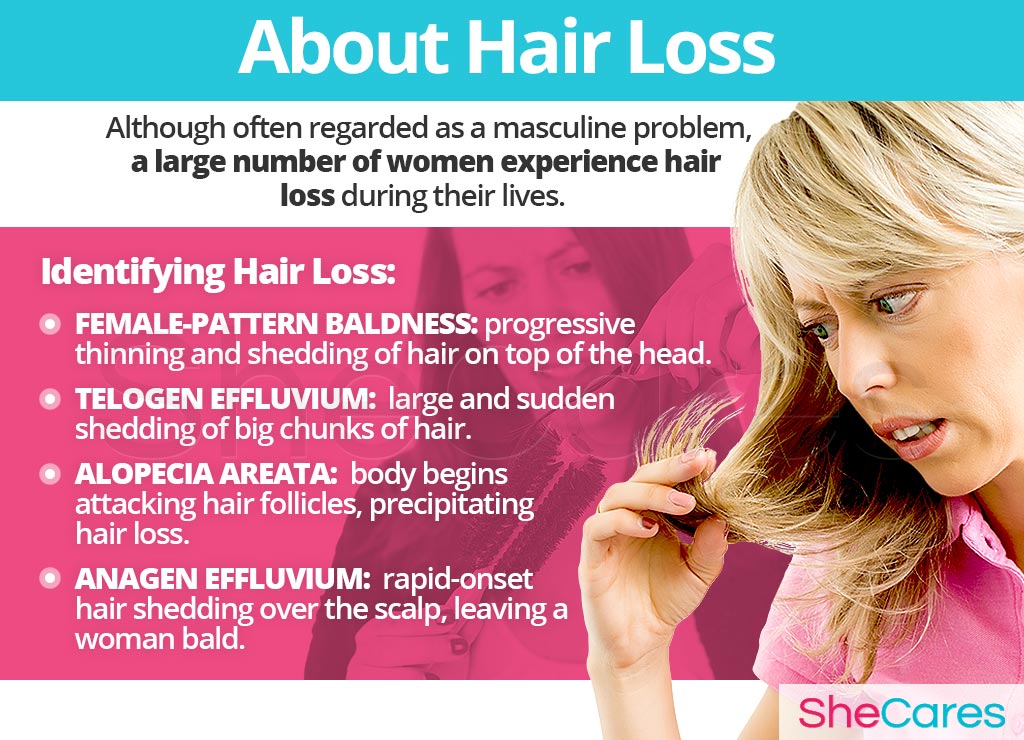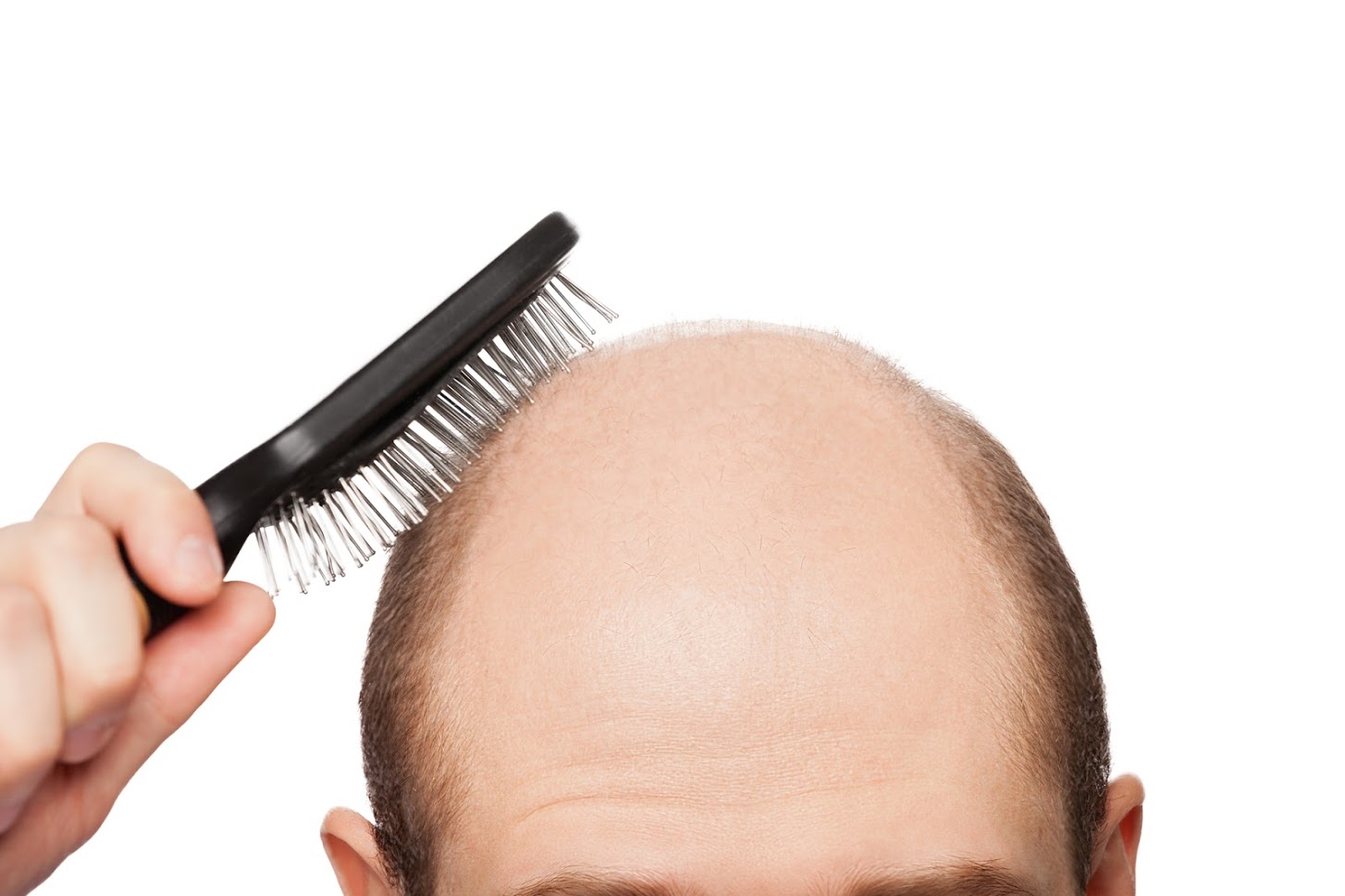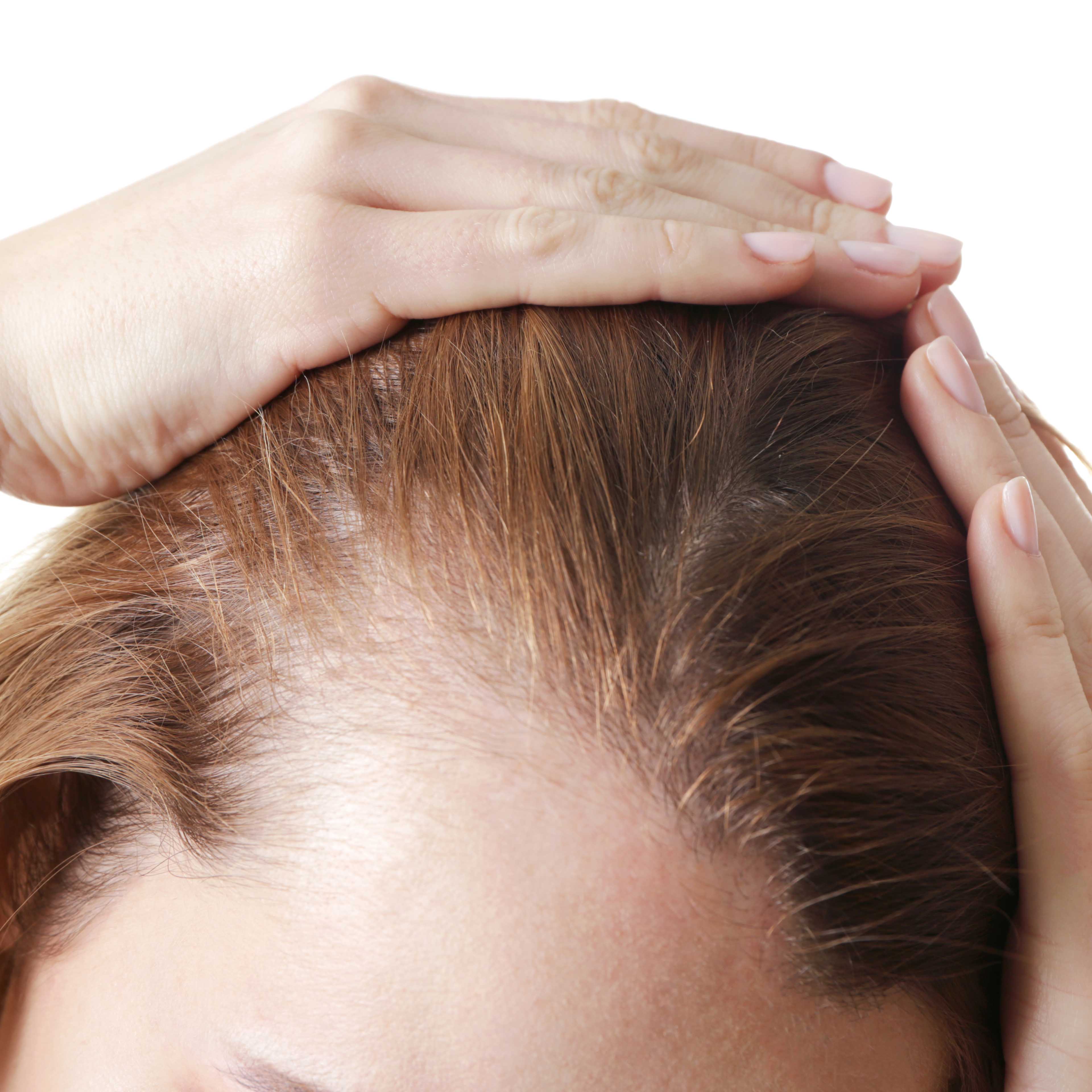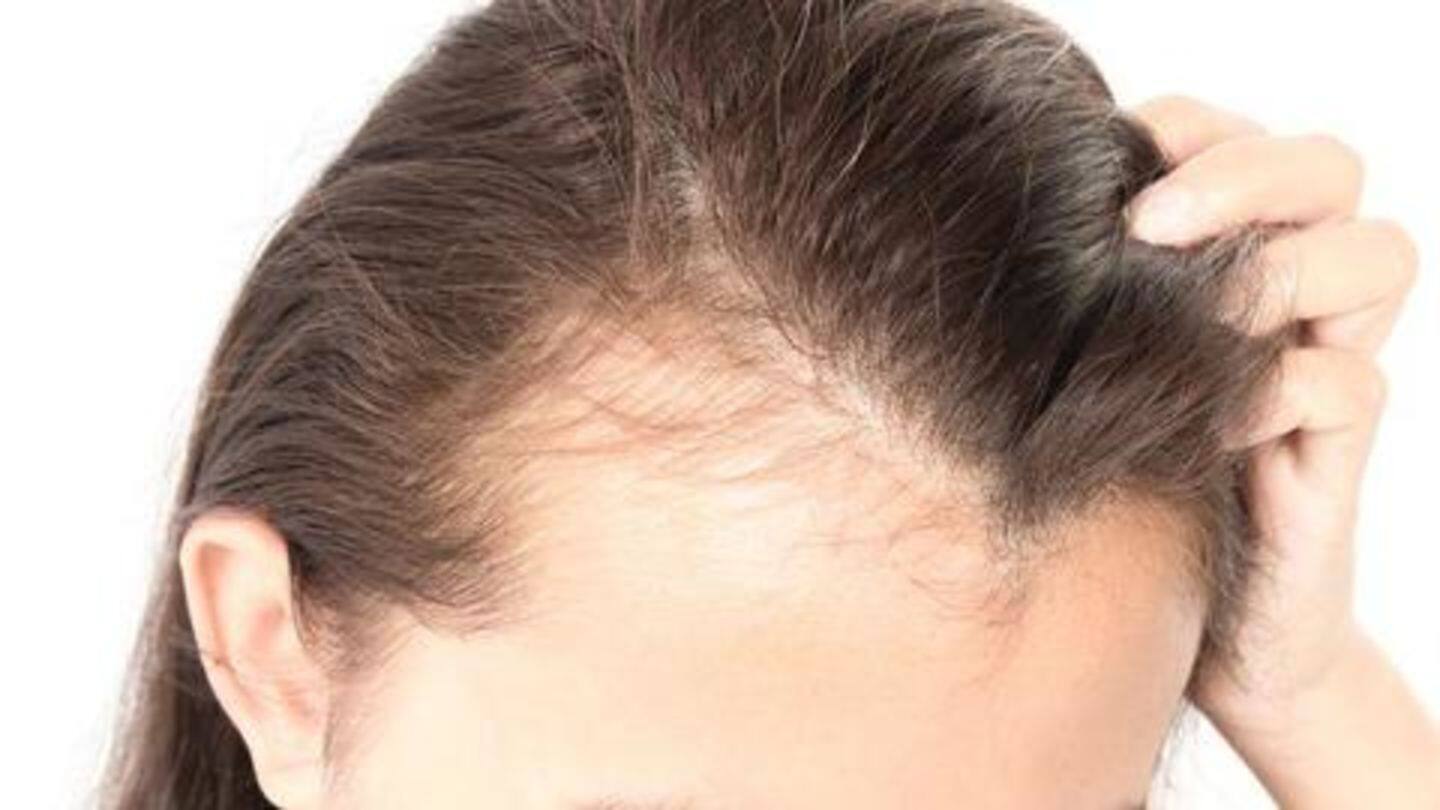Table Of Content

If a thyroid issue is behind your hair loss, there are steps you can take. If you’re noticing that you’re starting to shed more hair than usual, be sure to speak with a provider. The caffeine also boosted hair root width and prolonged the growth phase of hair.
Types of Hair Loss and Their Causes

Stopping some types of birth control pills can cause a temporary hormonal imbalance. Women who develop a hormonal imbalance can develop thinning hair (or hair loss) on their scalp. When it comes to effluvium—rapid hair shedding due to physical or emotional stress—treatments focus on finding the underlying cause. If a medication or disease is at the root, treatments focus on those. For anagen effluvium, caused by cancer treatment, there’s some evidence that cooling the scalp during chemotherapy may help preserve hair.
Treatments for Alopecia and Hair Loss
It’s important to talk to your healthcare provider before starting any form of treatment for hair loss. Some types of treatment aren’t safe to use if you’re pregnant, planning on becoming pregnant or going through menopause. A healthcare provider will do a thorough examination and take a detailed history to understand changes in your hair growth. Your provider will also ask about what medications or supplements you currently take. Studies indicate that laser therapy is safe and painless but requires many treatment sessions.
Know What You’re Taking
How to Stop Receding Hairline: 12 Home and Medical Remedies - Medical News Today
How to Stop Receding Hairline: 12 Home and Medical Remedies.
Posted: Fri, 24 Nov 2023 08:00:00 GMT [source]
Otherwise known as Aldactone, spironolactone works to treat hair loss by acting on hormones. Specifically, it binds to androgen receptors and decreases the body’s processing of testosterone. But some factors may make a woman more likely to experience hair loss. These changes happen due to varying levels of hormones during menopause. Many types of wigs, including ones that can be custom-made for you, are available. If you’re looking for a concealer, such as a spray or powder that can hide hair loss, you’ll find many products available online.
Hormones
In women, this can be brought on by the physical shock of giving birth, emotional distress, mental illness, surgery, or certain diseases. Before pursuing hair loss treatment, talk with your doctor about the cause of your hair loss and treatment options. Always talk to a healthcare provider before discontinuing any medication. There’s some research to suggest that caffeine may help with hair growth and slow down hair loss. Low level lasers may help improve hair density in people with genetic hair loss or hair loss due to chemotherapy.

This type of hair loss has a strong genetic component and can be inherited from either your mother or father. An excessive amount of hair fallout is known as telogen effluvium. This can have many causes, including medical conditions, physical and psychological causes, and certain medications.
How Is Female Hair Loss Treated?
This usually happens because of radiation treatment or chemotherapy. It’s also the most common cause of hair loss, affecting up to 50% of people. It’s typical to lose between 50 and 100 hairs a day, according to the American Academy of Dermatology (AAD).
Hims Review, 2024: Does This Stuff Actually Regrow Hair? - GQ
Hims Review, 2024: Does This Stuff Actually Regrow Hair?.
Posted: Tue, 16 Jan 2024 08:00:00 GMT [source]
Treatments can help people with certain types of hair loss. For conditions like alopecia areata that may affect children as well as adults, groups can provide emotional support and even help you buy wigs or find other ways to cope. Menopause, when the menstrual cycle stops, causes changes in estrogen and testosterone—hormones involved in regulating the hair cycle. Typically setting on when women are between 45 and 55, these fluctuations can trigger female pattern hair loss. A healthy balanced diet is also important in stress reduction too as it can support a healthy immune system, repair damaged cells and even reduce elevated cortisol levels. Some studies suggest that telogen effluvium can also be connected to low levels of iron, so include iron-rich foods like leafy vegetables, lentils and liver where you can.
Also known as Rogaine, this over-the-counter drug is known to help with hair loss. Skip tight braids or ponytails that may pull on your hair at the root and potentially lead to excessive shedding. Several serious diseases also attack the hair follicle, says Robert Brodell, a dermatologist at the University of Mississippi Medical Center. If you have a deficiency, your doctor may suggest multivitamins or supplements like iron and biotin. Don't take any supplement before checking with your doctor.
Both men and women develop this type of hair loss, which is the most common cause of hair loss worldwide. Regardless of whether it develops in a man or women, the medical term is androgenic alopecia. Hormonal fluctuations during menopause, pregnancy, or conditions like polycystic ovary syndrome (PCOS) can also contribute to hair thinning. Male and female pattern baldness are the main cause of hair loss.
But illness, hormonal changes, stress, aging and inherited conditions can interfere with your hair’s growth cycle. More hair falls out, but new strands don’t always grow back. Female pattern baldness often results in thinning all over the scalp and might look like widening or thinning around the part. It typically occurs after age 65 but, for some females, it can begin early in their lives. See your doctor if you are distressed by persistent hair loss in you or your child and want to pursue treatment. For women who are experiencing a receding hairline (frontal fibrosing alopecia), talk with your doctor about early treatment to avoid significant permanent baldness.
It’s best to see a healthcare professional for any unexplained hair loss so they can determine the underlying cause and best course of treatment. It’s important to keep in mind that hair growth is a complex process and multiple tests may be needed to understand what is causing your hair loss. A biopsy may also be taken if it is initially very unclear what the root causes may be. Tinea capitis, also called ringworm of the scalp, is a fungal infection that can affect the scalp and hair shaft. Over time, if not treated early, the size of the patch or patches will increase and fill with pus. Alopecia areata is an autoimmune condition that causes your immune system to attack hair follicles, resulting in bald patches that can range from small to large.
Try to find ways to manage stress, and strive for a well-balanced diet that includes plenty of fruits and vegetables. If you have alopecia, you can help hold onto your tresses by avoiding behaviors that are known to contribute to temporary and permanent hair loss, Mirmirani says. Nutritional supplements like vitamins, minerals, and others might be suggested by your dermatologist if your blood test indicates low levels of biotin, iron, or zinc. Additionally, if your protein intake is insufficient, your dermatologist (specialist of conditions of the skin, hair, and nails) can advise you on ways to increase it. Only consider supplementing with biotin, iron, or zinc upon confirmation of deficiencies through blood tests.
That's because your estrogen levels drop after childbirth. If you're losing hair while pregnant, ask your doctor if you might have a dietary deficiency. With this type of hair loss, your follicles gradually shrink and the growth cycle is shortened. While male hair loss tends to affect the forehead or the crown of the head, female hair loss often leads to thinning on the top third to half of the scalp. Your part may gradually become wider, you might see more of your scalp when your hair is pulled back, or your ponytail could be less full.




















